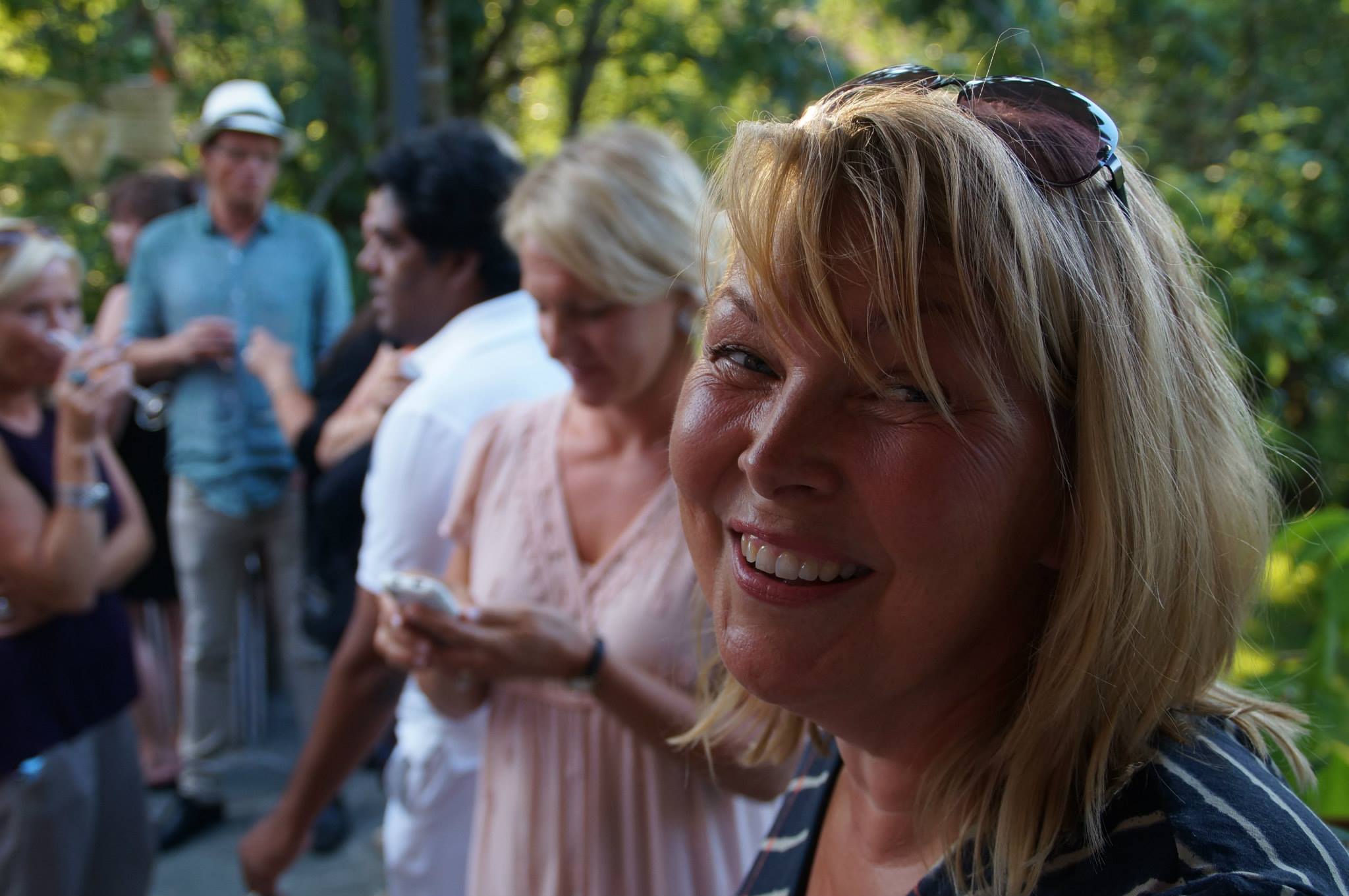
FEBRUARY, 1999. CHILDSPLAY. THE HIGHEST HEAVEN
Arizona Republic Review by Kyle Lawson
Too often, children’s theater is pablum: nutritious after a fashion but impossibly bland. Or worse, it’s junk food: the recycling of the same imagination-starved fairy tale.
Never at Childsplay. The company would rather stuff its young audiences with fare too sophisticated for its palate than blunt developing taste buds with cloying sweetness.
In The Highest Heaven, a world premiere at the Tempe Performing Arts Center, Jose Cruz Gonzalez, the troupe’s playwright in residence, has created a fable that is as appetizing for adults as it is for young people.
It is a cautionary tale of greed, passion and cruelty, and, at the same time, a magical enchantment that sends the senses soaring along with the monarch butterflies that are the focus of the story.
The settings are abstract, the plot revealed in shifting flashbacks. Director David Saar paces events quickly. The audience must pay attention to keep up, and to the credit of Gonzalez and the Childsplay artists, 2- and 3-year-olds were as raptly attentive at Saturday’s matinee as their older brothers and sisters.
Eavesdropping on the way to the parking lot, it was clear to this critic that everyone “got it.” Saar and his company risk going over the heads of their young audiences, but The Highest Heaven is proof that it is better to fail children at that level than to succeed by condescending to them.
Gonzalez’s play is the story of Huracan, a 12-year-old (Steven Pena) who is separated from his mother (Alejandra Garcia) in one of those forced deportations of aliens that blighted the government’s reaction to the Depression. He finds himself in a Mexican village, where he comes into conflict with the rapacious Dona Elena (Debra K. Stevens) and her toadying sons and nephews (all played by Jon Gentry).
Huracan finds shelter with El Negro (Ellen Benton), who, as it turns out, also has been evicted from America for reasons that the elderly Black hobo refuses to discuss. El Negro has become the protector of a forest reserve where monarch butterflies go every year to mate amid the lush vegetation – a verdant wonderland that Dona Elena wants to clear-cut to increase her already overflowing coffers.
Huracan is like one of the butterflies’ get, trapped in a chrysalis of naivete. With El Negro’s help, he breaks the bonds of childhood but discovers that freedom bears a draconian price tag. There are hard truths to be learned about ecology and economics, decency and friendship. The most painful lesson, and the most liberating, comes in realizing that life’s journey inevitably ends in death.
Gonzalez never belabors the moralizing or the butterfly metaphor, yet, when the monarchs spiral heavenward at the close (an exhilarating bit of stage magic), there are cheers from the audience and an understanding that Huracan has begun the perilous but life-affirming migration to adulthood.
Childsplay audiences have come to take excellent performances for granted, and the quintet of actors in The Highest Heaven does not disappoint. But Stevens’ versatility is exceptional even for this troupe. When last seen, she was the plucky young hero of The Velveteen Rabbit. Here she is a harpy from a child’s darkest nightmare, a chilling, malevolent presence that dominates the play even when off stage.
After more than a decade of dealing with Childsplay audiences, Stevens knows how far to take this. Just when Dona Elena is in danger of seriously frightening young playgoers, the actress does something so foolishly comic that they are startled into laughter. This is children’s theater, and she never forgets it – but at the same time, she never plays her audience for fools.
The same can be said of the company’s designers. The physical production represents state-of-the-art technology, but the effects are never used for cheap effect. Even at its most dazzling, the magic in The Highest Heaven has meaning. Sometimes, that meaning is subtle, but the assumption is: If the younger members of the audience don’t get it, the older ones will explain it.
It is a testimony to Childsplay’s skill at making theater that very little explanation is required.